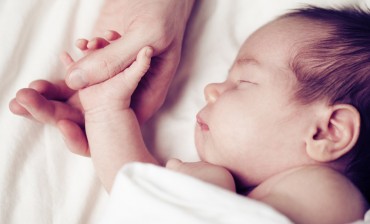In the run up to the European Society for Human Reproduction and Embryology’s Annual Conference, the British Infertility Counselling Association and the International Infertility Counselling Organisation gathered a group of international clinicians and counsellors, in the first meeting of its kind, to discuss the challenges as ART goes global. Helen was delighted to speak at the conference workshop (at the ExCel Centre in London on July 6th) about overseas surrogacy.
Helen’s talk and further discussions highlighted the diverseness of legal and ethical issues when dealing with surrogacy across the world. Without any global harmonisation, those working with commissioning parents find that dealing with surrogacy is at best cumbersome and at worst a criminal offence, with some exceptionally stringent consequences for counsellors or anyone involved in surrogacy. The UK is at the liberal end from a European perspective, unlike Germany and Italy where surrogacy is not permitted, but it still has some way to go to be being a surrogacy destination like the US. The overwhelming consensus is that surrogacy is here to stay and is a global family building option – where people cannot find a solution in their own country, they will go abroad. The dilemma that counsellors and legal teams across the world have is how to give support and advice responsibly to ensure that the families created are fully protected.
What NGA would like to see in the UK is a more streamlined approach. Surrogacy is a collaborative arrangement and everyone’s role needs to be appropriately respected. We should have contracts at the outset, because they encourage everyone to enter into a complex situation on a fully informed basis, and with the benefit of proper support and guidance. Where all goes well, the agreement should be honoured so that the parents can, by agreement, become legal parents immediately. But where there are difficulties for any reason, there should be a mechanism for dealing with them sensitively, weighing up the interests of everyone involved, including the child.
Other speakers included Diana Guerra-Diaz, head of Psychology Unit in IVI Barcelona and on the Catalan Committee on Human Reproduction, Jennie Hunt, Senior Infertility Counsellor at IVF Hammersmith, Uschi Van den Broeak talking on the attitudes and motivations for semen donors as well as Laura Witjens, Chair of the National Gamete Donation Trust. The audience included attendees from across the globe including South Africa, Argentina, USA, Belgium, France, Israel, Ireland, Spain, The Netherlands, Portugal, Australia, Greece, Germany and across the UK and Northern Ireland.
The UK’s leading surrogacy lawyers
Find out more about how we support families through surrogacy



